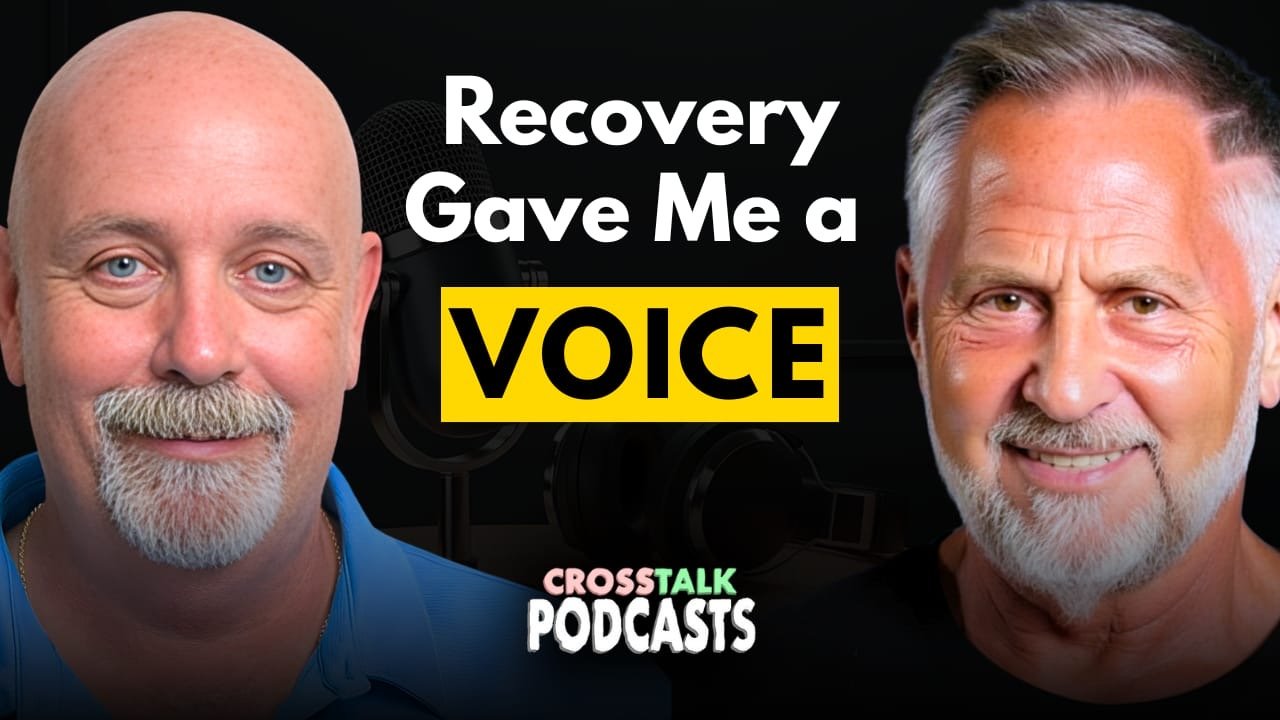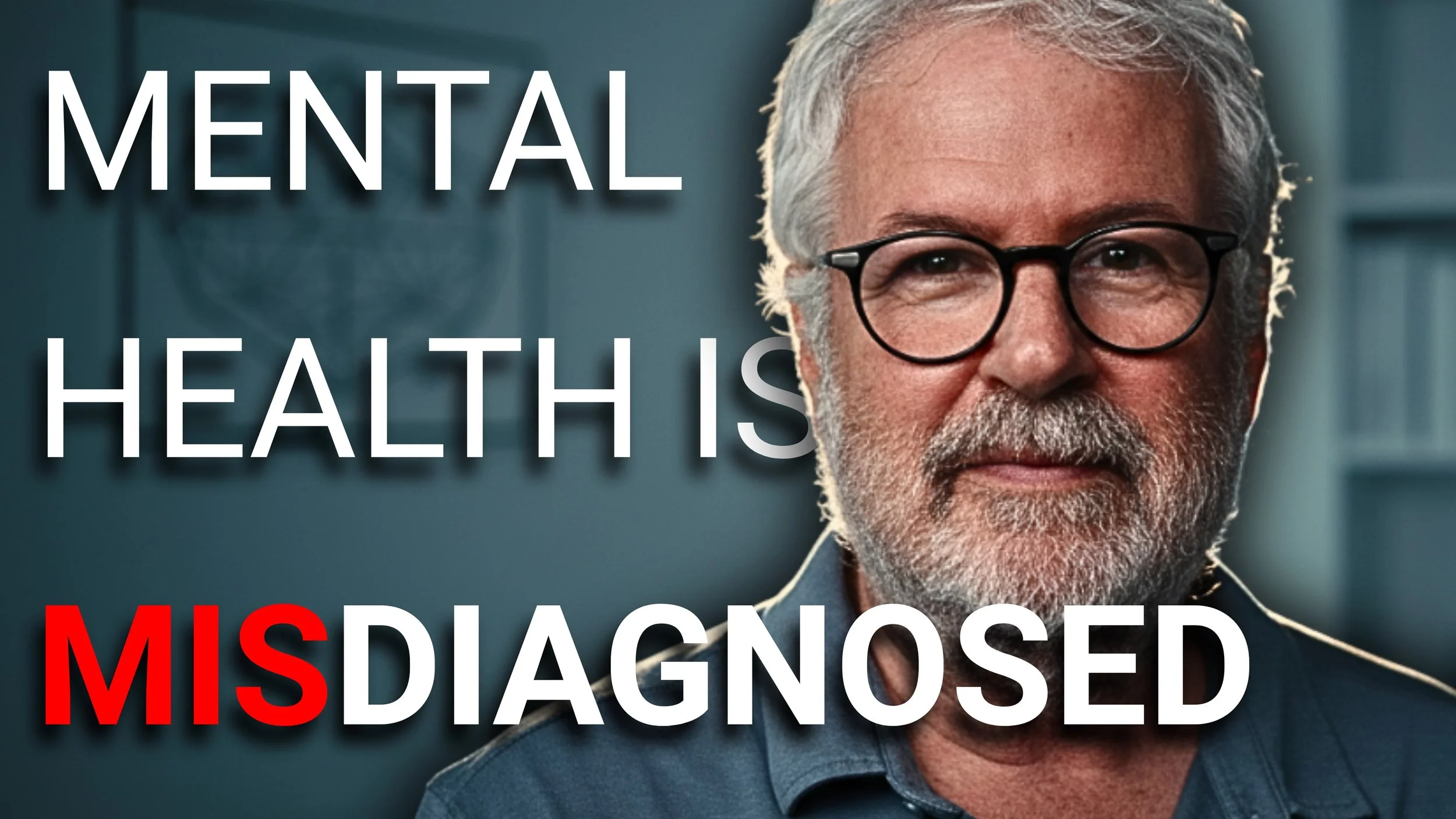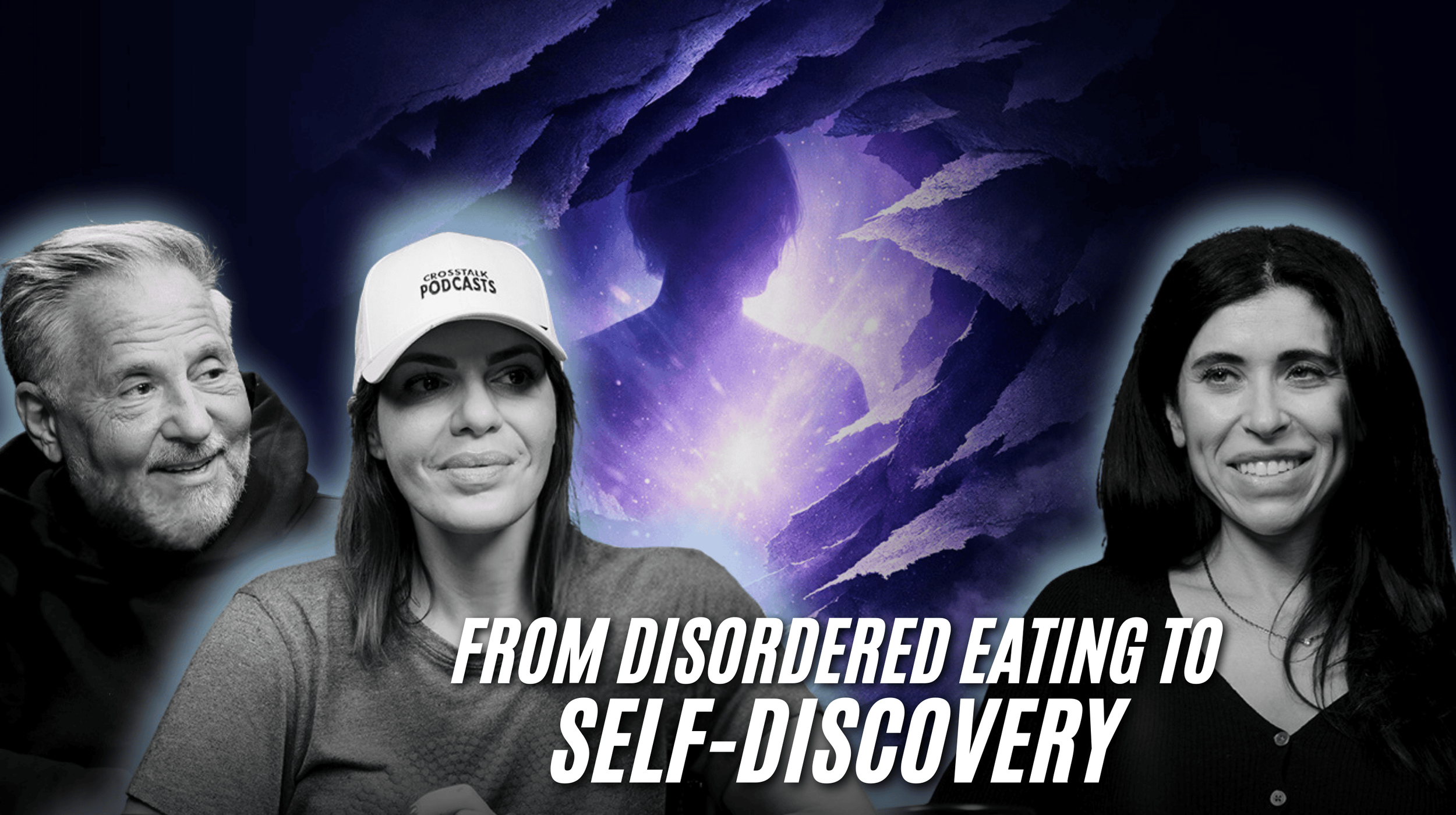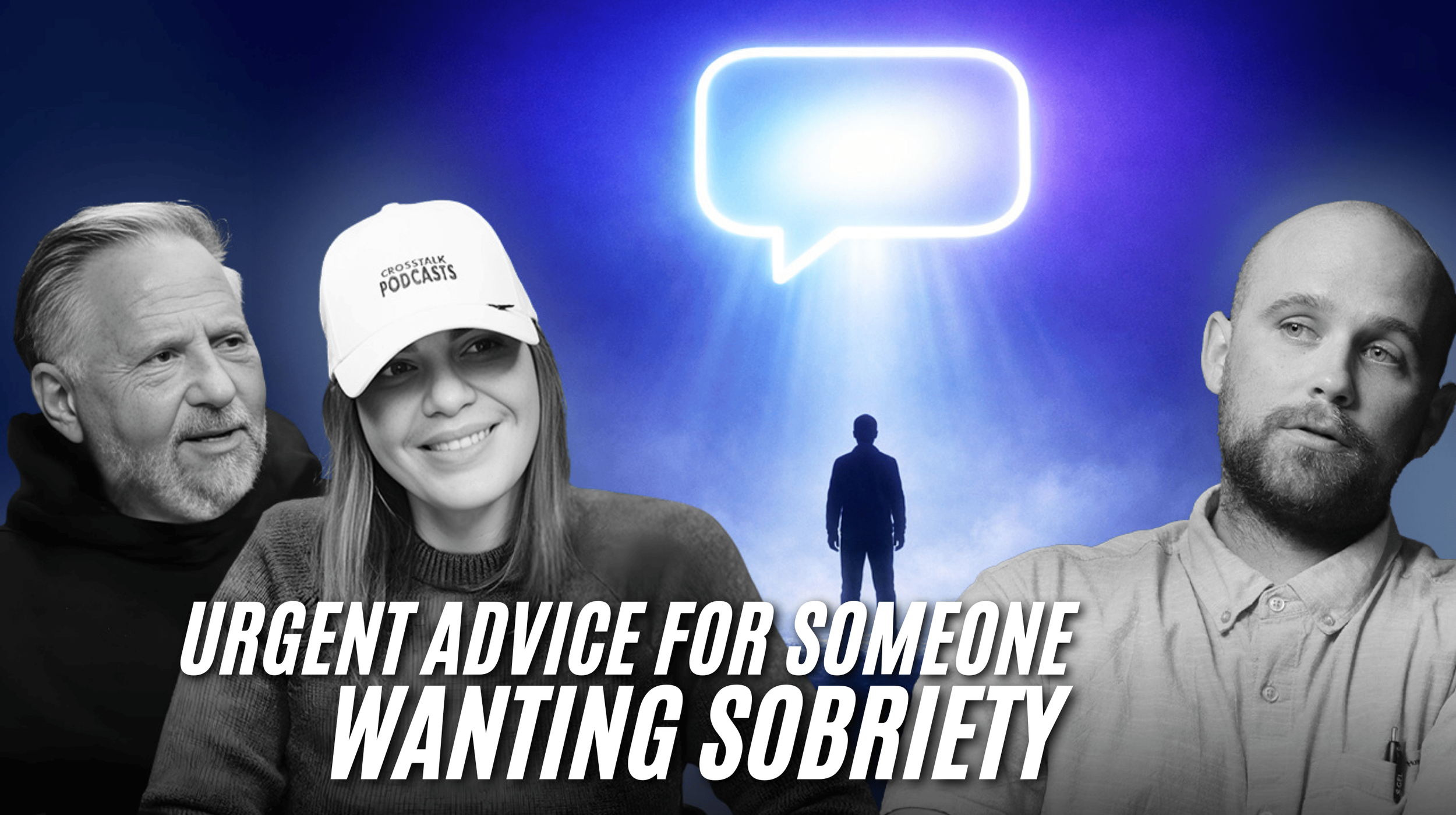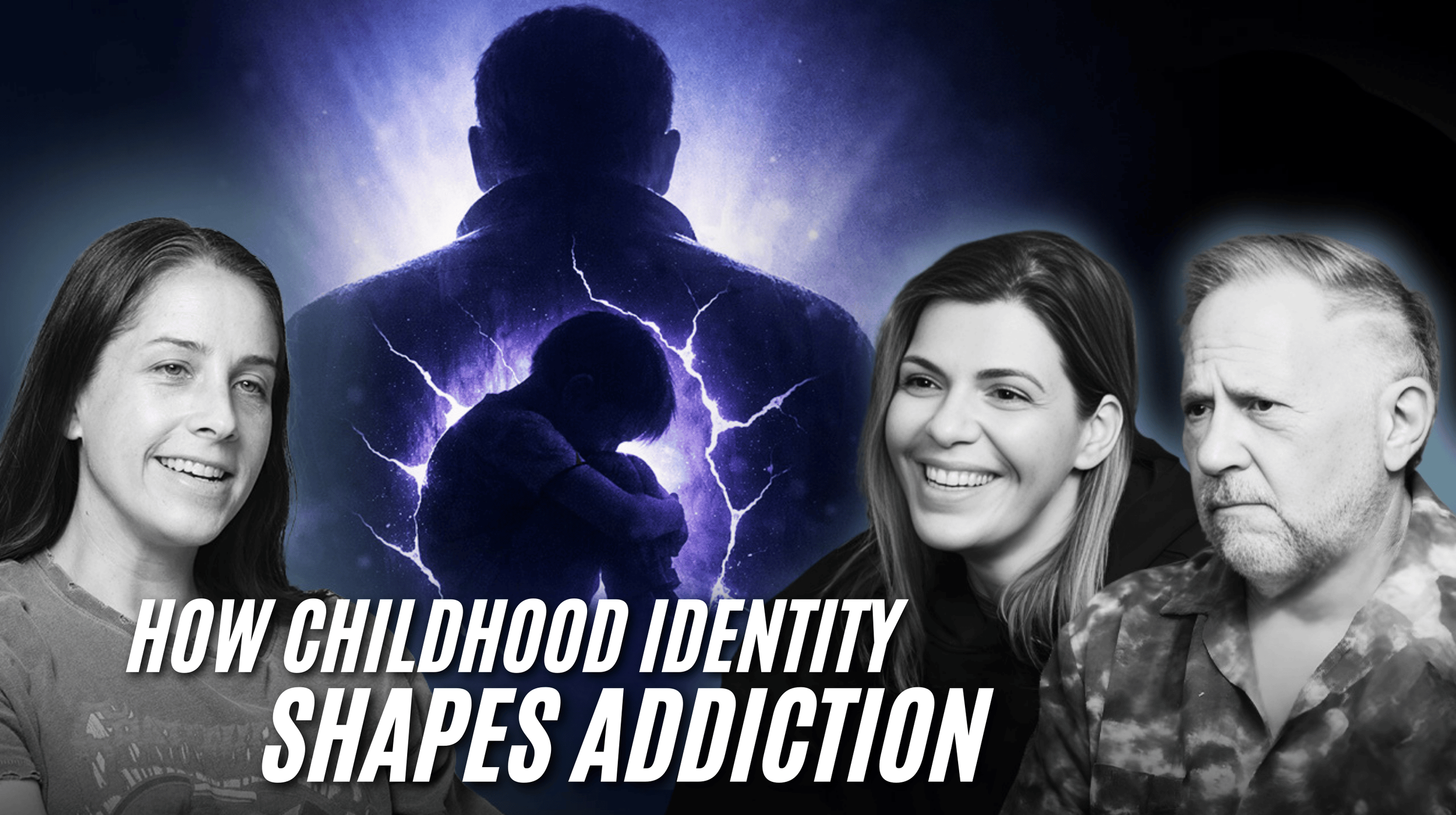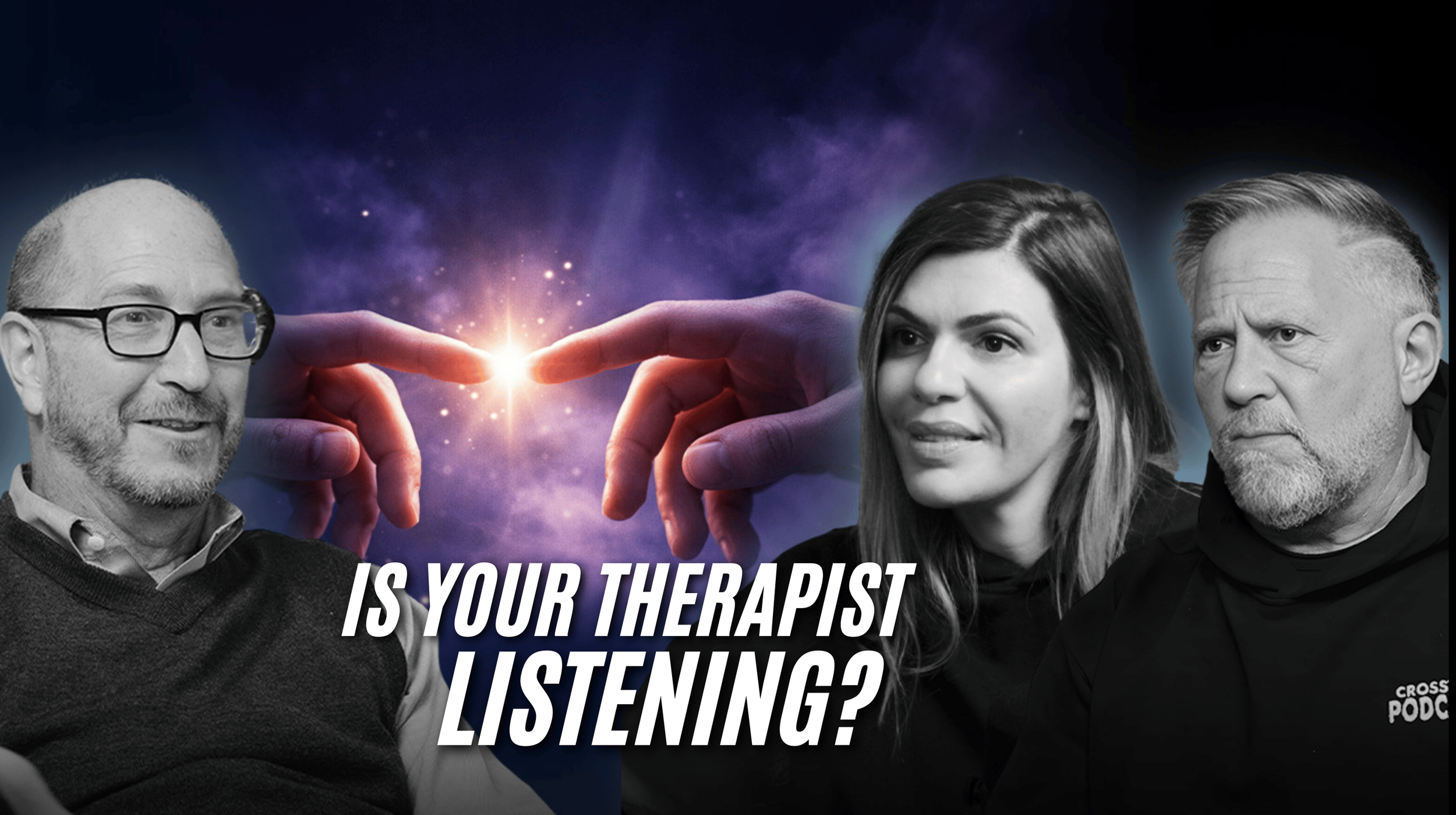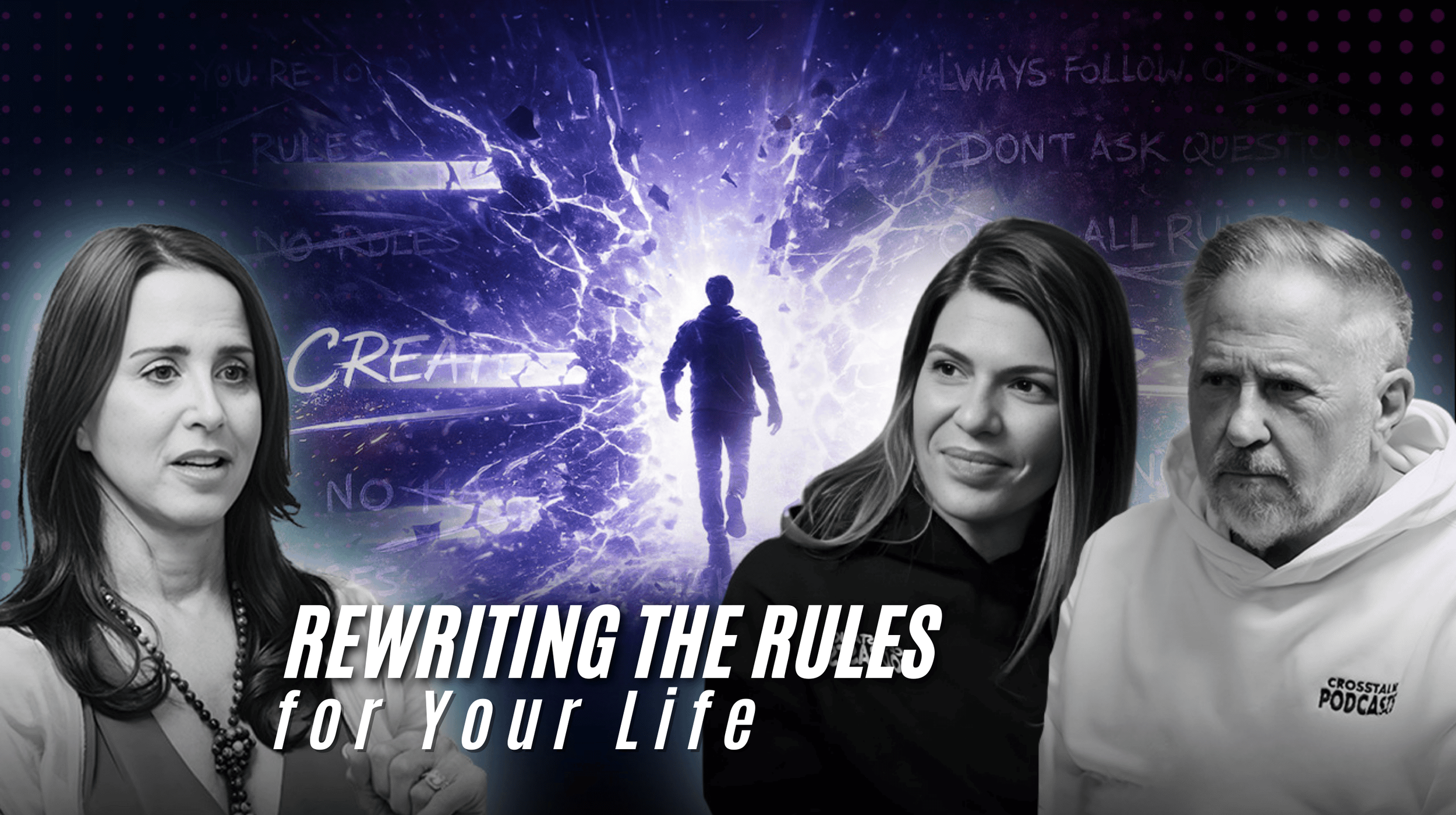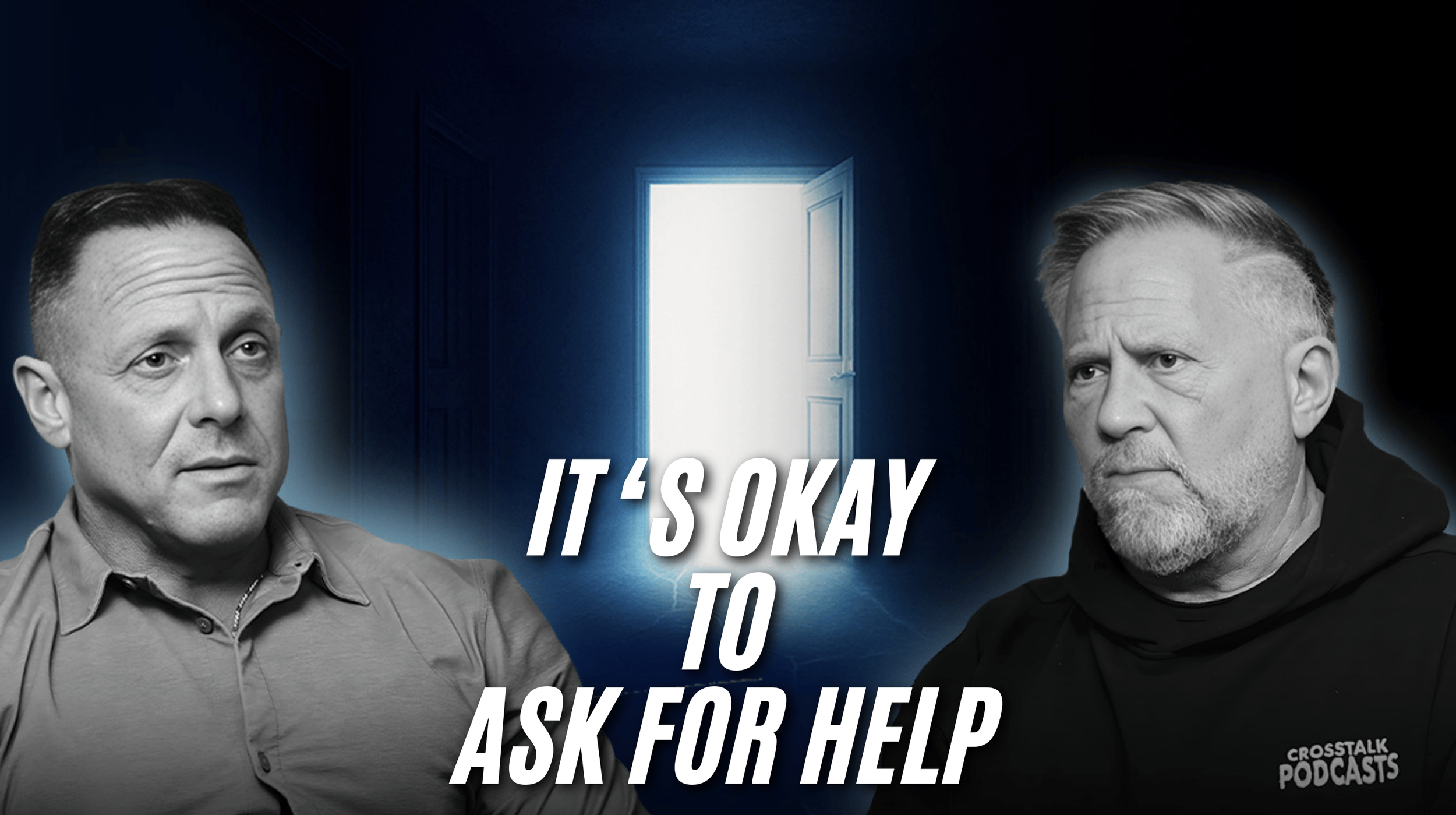How Does Grief Become a Gateway to Sobriety? | Teresa S.
Listen or watch on your favorite platforms
Teresa’s story is a powerful reminder that addiction doesn’t always look like what we expect. From a picture-perfect Staten Island childhood to chasing success on Wall Street, her life seemed full of promise—until alcohol slowly dimmed her light.
Growing Up
Teresa describes her childhood as “really terrific.” Raised in Staten Island, New York, she grew up in a loving, lower-middle-class household with three siblings. Her parents were devoted—driving her and her sister to cheerleading, volleyball, and track events. Childhood memories were filled with kindness, sibling rivalries, and family gatherings with cousins, aunts, and uncles.
For most of her early years, she never felt a sense of lack. It wasn’t until her late teens, when she began comparing herself to more affluent peers, that feelings of embarrassment surfaced—three kids sharing a bedroom, a smaller home—these became markers of difference in her mind. Still, she carried a bright, “sunshine” spirit that alcohol would later dim almost to extinction.
First Time!
Her first drink came at age 12 during a neighborhood gathering. Out of pure curiosity, she poured herself a glass of wine, leading to a night of vomiting and a brutal hangover. That experience wasn’t enough to deter her—at 14, peer pressure pulled her into another drinking episode at a Staten Island skating rink.
Again, the result was sickness, but these early encounters planted a seed. Growing up around family celebrations where alcohol was present, drinking seemed normal, even fun. Still, Teresa wouldn’t drink again until she was 18 and working on Wall Street, where money and nightlife opened the door to social drinking.
Active Addiction
In her early 20s, Teresa became what she called a “weekend warrior”—Friday happy hours flowed into late nights, always chasing the next bar, never satisfied with just one or two drinks. Over time, her drinking escalated. She surrounded herself with people who drank, rationalizing her habits as normal. By her 30s, the weekend pattern had shifted to daily drinking—Bacardi and club soda were staples, later replaced with smooth liquor on the rocks.
Alcohol became intertwined with bad relationships, dishonesty, cheating, and impulsive decisions. Financial chaos followed: credit card debt, unpaid taxes, repossessions, and car accidents. By the early 2000s, her drinking had progressed to “most of the day,” with breakfast drinks becoming common in the final years before sobriety.
Hitting Bottom
The years leading to her breaking point were marked by destructive relationships and personal losses. In 2006, Teresa’s mother was diagnosed with pancreatic cancer and died within weeks. Just six months later, her husband passed away from cancer. She promised him she would take care of herself, but grief and alcoholism pulled her into an even darker spiral. Those final months before sobriety were a blur of bad decisions, drinking from morning to night, and feeling like a “shell of a woman” whose light had been extinguished.
Getting Help
Teresa’s path to recovery began reluctantly. After knocking on the back door of a local treatment center, Wayside House, for over a month, she finally received a call offering her a bed. She hadn’t yet had a drink that day, and this timing became pivotal—September 25, 2007, would be her sobriety date.
Initially resistant, she entered treatment not entirely out of her own desire, but following the suggestion of others. Still, she embraced the process, starting with Alcoholics Anonymous and confronting not just her drinking but the underlying thinking patterns driving it.
Life Today
Today, Teresa radiates the light she feared she’d lost forever. Sobriety has restored her emotional stability, self-respect, and capacity to form healthy relationships. She no longer lives in the chaos of her past and is driven to help others by sharing her story. Her journey shows that even after years of destructive choices, it’s possible to rebuild a life filled with purpose, balance, and joy. Her message is clear: no matter how far gone you feel, you can reclaim your light.
FAQs
What are common signs that drinking is becoming a problem?
When alcohol starts affecting your relationships, finances, or self-control, it may be a sign of dependency.Can someone recover from alcoholism without treatment?
Some do, but structured treatment and support groups greatly improve chances of long-term sobriety.What is the role of family in recovery?
Supportive, honest relationships can help maintain accountability and healing.How do you know when you’ve hit “rock bottom”?
It’s different for everyone, but often comes when the pain of continuing outweighs the fear of change.What is the first step toward recovery?
Admitting there’s a problem and seeking help—from friends, professionals, or support groups.
Related episodes
ABOUT CROSSTALK
CROSSTALK reveals real stories of everyday people and notable figures, sharing their journeys from struggles to life-changing 'aha' moments with all kinds .


 Spotify
Spotify






